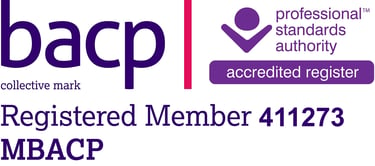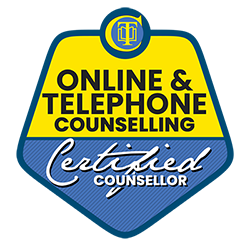Recognising Low Self-Esteem In Your Relationships
Skyla Counselling
7/14/20251 min read


Understanding Low Self-Esteem
Low self-esteem can negatively impact various aspects of your life, particularly your relationships. It often manifests through feelings of unworthiness or inadequacy, affecting how you interact with others. Understanding the signs of low self-esteem is crucial for making positive changes and enhancing your relationships.
Signs of Low Self-Esteem in Relationships
Evaluating your relationships can offer insight into whether you may be experiencing low self-esteem. People with low self-esteem might avoid confrontations, feel excessively reliant on their partners for validation, or struggle to assert their own needs. Are you often apologising, even when it is unnecessary? Do you frequently seek approval from others? These behaviours are typically red flags signalling that you might be grappling with low self-esteem.
Another indicator is the fear of rejection or abandonment, which can lead to unhealthy dependency in relationships. Individuals with low self-esteem may tolerate mistreatment or remain in toxic relationships due to a fear that they won't find anyone better. This cycle of seeking approval can prevent you from building genuine connections.
What You Can Do About It
Recognising that you may be suffering from low self-esteem is the first step towards improvement. There are several strategies you can implement to enhance your self-worth and subsequently strengthen your relationships:
Self-Reflection: Take time to assess your feelings and behaviours. Journaling can help clarify your thoughts and understand why you may feel inadequate.
Positive Affirmations: Counter negative thoughts with positive affirmations. Remind yourself of your strengths and achievements regularly.
Open Communication: Engage in open conversations with loved ones. Sharing your feelings can lead to support and understanding which are essential for healthy relationships.
Seek Professional Help: Consider speaking to a therapist or counsellor. They can help you identify the root causes of your low self-esteem and guide you through the recovery process.
Improving self-esteem is an ongoing journey, often requiring patience and persistence. By proactively addressing low self-esteem, you not only improve your relationships but also foster a healthier, more positive self-image.









